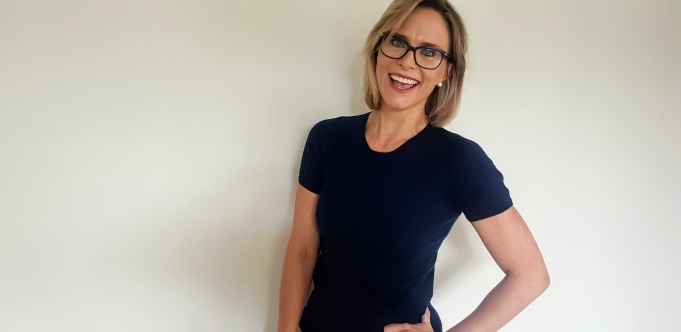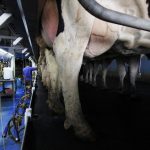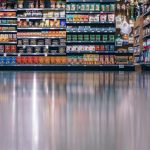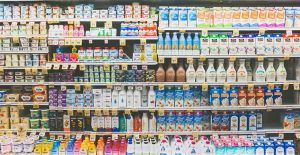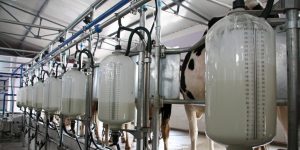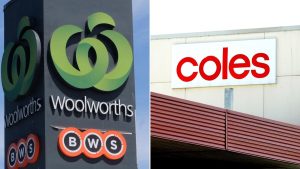
A scandal rocked China in 2008 where infant formula laced with melamine killed six infants and made thousands of others sick. Since then, Chinese shoppers have descended on the Australia market, with daigou trade on infant formula hitting new highs over the past few years.
This has led to bigger players in the space, such as Bellamy’s and a2, reaping the rewards, with a2 reporting a profit increase of 64.5% in the final quarter of 2018.
But it’s not just big players seeing success in the burgeoning baby formula industry, with smaller operators hitting the market with new offerings and fresh recipes, trying to differentiate themselves from standard brands and provide parents with more natural offerings.
One such business is LittleOak, founded in 2016 by business owner Elke Pascoe after her own experiences as a mum prompted her to dig a little deeper into the ingredients inside Australian baby food.
“I’ve always been passionate about children’s nutrition, and once I started looking into the quality of products on the market, it pulled back the curtain a bit on some of the ingredients in infant formula,” she says.
While Pascoe says the ingredients in question won’t harm a baby, she felt that some infant formula was not providing the best available solutions on the market and set off overseas to find out how she could do it better.
Returning to Australia, Pascoe set out to research and establish LittleOak, something which was made easier for the business owner due to her history in the healthcare and business space.
“I started my first business in Ireland when I was 21, and I’ve kind of been in that space ever since. My father was always fairly entrepreneurial, and I eventually moved into the consulting and healthcare space,” she says.
Recently, Pascoe was working in healthcare communications, which she says provided her “broad” experience, but nothing like the experience starting a business with the “magnitude” of LittleOak.
“I’m blessed to have come from the pharmacy space, but it’s still a big leap as a whole,” she says.
Asia eschewed
LittleOak’s flagship product is an organic baby formula made with goat’s milk, and free of things such as palm oil. The formula is manufactured in New Zealand, but Pascoe is based across Sydney and Singapore.
The company is currently in talks with supermarkets such as Coles and Woolworths to get its products stocked, and while the talks have gone well, Pascoe is reluctant to count her chickens.
“We want something that really stands out on the shelf. It’s got a new look and feel to it compared to other formulas,” she says.
However, despite the baby formula “gold rush” instigated by Chinese demand, LittleOak has decided to not actively pursue Asian markets as a sales channel for the time being, with Pascoe saying she’d prefer to focus on Australian parents.
“Everyone buying baby formula in China is trying to make a quick buck, but at the end of the day, the market there really needs strong regulation to get its validity back,” she says.
“We think everyone should have access to our product, but we’re not making a play for China. If daigous choose to take up our product, that’s great, but we’re just focused on keeping the shelves stocked.”
Looking forward, Pascoe is hoping her near-finalised deals with supermarkets will kickstart LittleOak into a new stage of growth, and says the company is looking long-term to vertically integrate its manufacturing and supplying process.
She’s also not fazed about bigger players cutting in on her turf, noting that goat’s milk is slated for huge growth in the infant formula market.
“It’d be naive of me to think there won’t be other players in the market, but I’m confident in our ability to be better than all of them,” she says.
